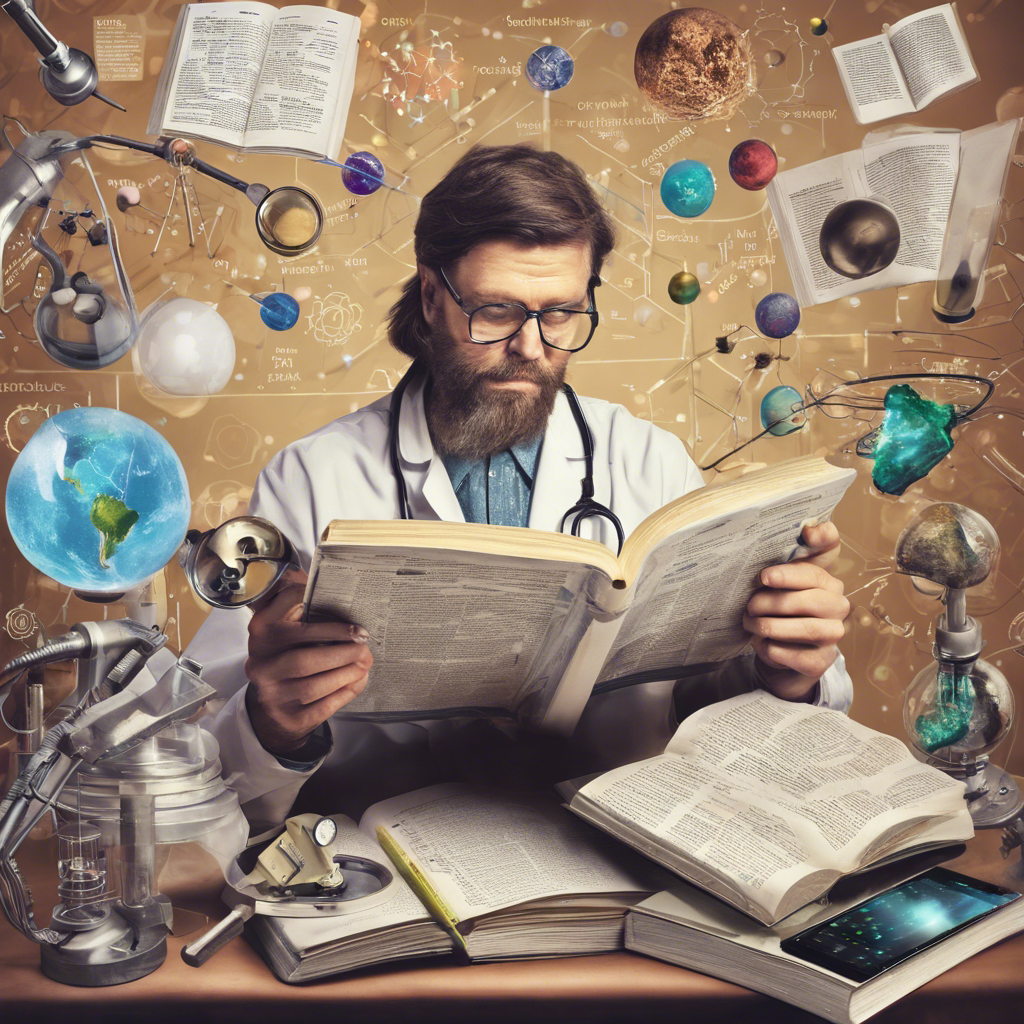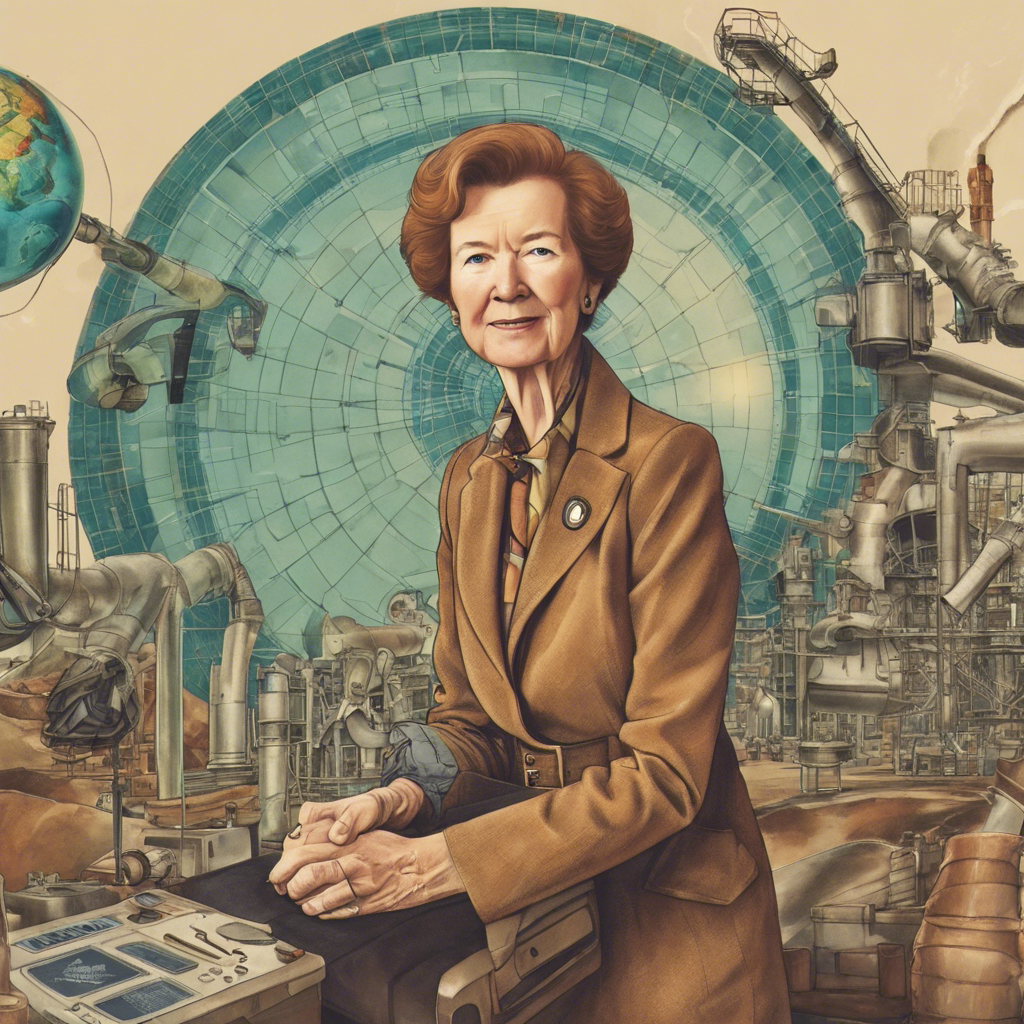Former Scientists Find Fulfillment in Teaching, Inspiring the Next Generation

Researchers who switched careers to become science teachers share their experiences and motivations
For some scientists, the allure of academia fades, and a new calling emerges: teaching. Despite the challenges and lower pay, many former researchers find fulfillment in sharing their knowledge and passion for science with secondary-school students. In this article, we explore the stories of scientists-turned-teachers, their motivations for making the switch, and the impact they have on inspiring the next generation of scientists.
From PhD to nurturing pupils:
The decision to transition from academia to teaching often stems from a growing discontentment with certain aspects of scientific work. James Carey, a former postdoctoral researcher in molecular and cellular biology, realized that his true passion lay in mentoring young scientists and helping them connect the dots in their own research. Similarly, Ben Still, a former neutrino physicist, found himself drawn to explaining science rather than administrative tasks. These scientists-turned-teachers discovered that their expertise and experience in research prepared them well for the classroom.
Family matters:
For some, the decision to become a teacher was driven by the desire for a better work-life balance and the ability to be present for their own families. Cindy Sparks, a molecular cell biologist, found that the demands of a research career made it nearly impossible to navigate the path while raising twins. Teaching provided her with the flexibility and stability she needed. Similarly, James Carey, who lost his father at a young age, chose teaching to ensure he could be there for his own children as they grew up.
Inspiring next-gen scientists:
Many scientists who transition to teaching are motivated by the opportunity to inspire students who may not have considered science as a viable career path. Suzanne Kalka, a physics teacher, wanted to encourage girls and underrepresented communities to pursue science, as she herself did not come from a traditional research background. Ben Still, as the first member of his family to attend university, hopes to offer opportunities to students from similar backgrounds. These teachers aim to ignite a passion for science at an early age and broaden students’ horizons.
PhD skills transfer to the classroom:
Former scientists find that their years of experience in research provide them with valuable skills for teaching. Charlotte Wood, a postdoctoral fellow turned teacher, feels confident discussing controversial topics with her students, drawing on her rigorous scientific research background. Communication and presentation skills gained during a PhD are also transferable to the classroom. Joaquín Ramírez Ramírez, a chemistry and biology teacher, brings experimentation into the classroom, allowing for immediate feedback from students.
Conclusion:
The transition from academia to teaching offers scientists a chance to make a meaningful impact on the next generation. Former researchers find fulfillment in nurturing young minds, inspiring a love for science, and correcting systemic flaws in education. Despite the challenges, the joy of seeing students succeed and the opportunity to share their knowledge make the switch worthwhile. As these scientists-turned-teachers continue to ignite the spark of curiosity in their students, they shape the future of science and inspire the scientists of tomorrow.










